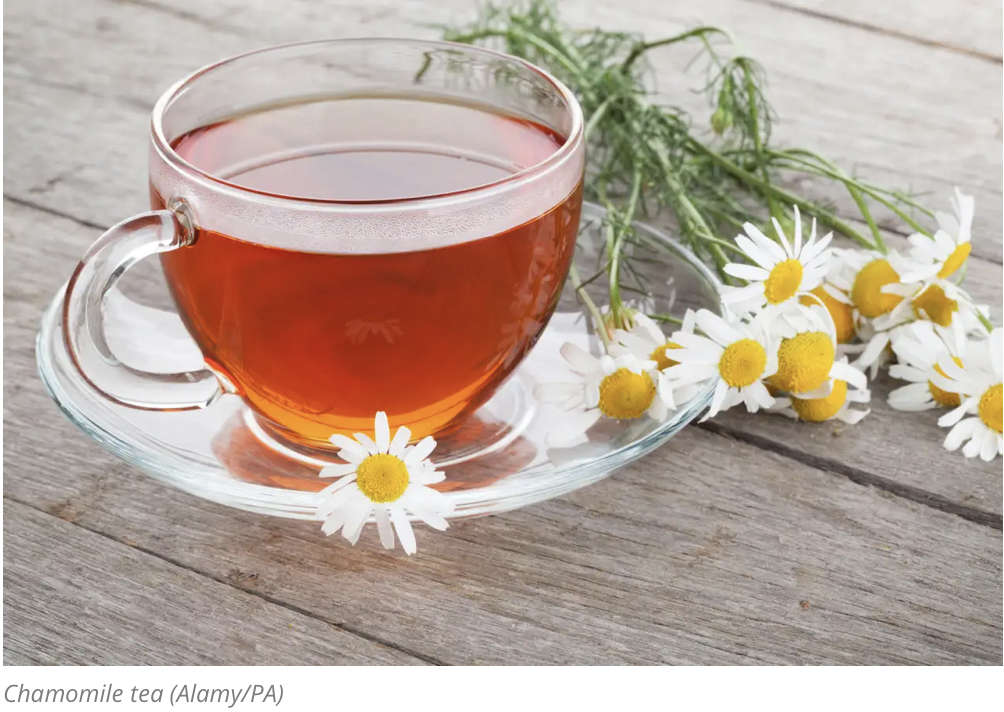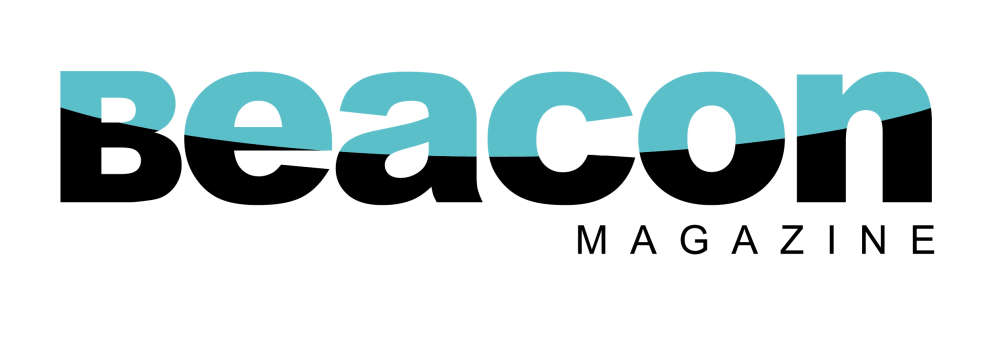
Brits are known worldwide for being a nation that loves a good cuppa, guzzling down a remarkable 100 million cups of the stuff every day.
And their habit can take many forms; with milk and two sugars, black tea, breakfast tea, builder’s tea, green tea, Earl Grey, peppermint, chamomile or anything else in between.
This intrinsically British tradition stems back to the 17th century when The East India Company had a monopoly over the tea industry in the UK - making it more widely available and affordable to the working population and more popular than alcohol, coffee and chocolate. Consumption was also encouraged by the government who gained revenue from the taxing of tea.
Studies analysed by Pretzel Group highlight that if you’re a diehard tea-drinker, you could be costing your employer around £1.5k every year.
Almost every UK business has a kettle for staff use, and with break staples like teabags, milk and sugar having recently shot up in price added to the cost of actually boiling the kettle, all those cuppas soon start to add up.
Based on kWh usage, the kettle is the second most energy-hungry device in the workplace, behind air conditioning / heating. It takes approximately four minutes to boil a full 2L kettle using around 3kW of power, with the cost coming in at around 7p per every kettle boiled.
The Tea Census 2022, carried out by the UK Tea and Infusions Association (UKTIA), found that 8-10 people admitted to regularly over-filling the kettle. So, if the average worker makes a cup of tea four times a day, it works out at over £73 a year on just boiling the kettle.
And on top of this, the time an average person spends brewing up at work adds up to 104 hours every year.
Taking a tea-break at work is a good way of stepping away from a computer screen for a few minutes, giving your eyes a break and stretching your legs, as well as connecting with co-workers – all good for employee wellbeing.
Studies have shown that an average UK worker takes around 24 minutes every day (5% of an eight-hour working day) to brew up or go on a tea / coffee run, the equivalent of 13 days per person per year. Based on the UK average salary of £27,700, this equates to nearly £1,385 that an employer could be paying staff to brew up each year.
It’s estimated that most people will drink on average almost 25,000 cups of tea throughout their working lives.
National Tea Day UK is 21st April every year to celebrate the drinking of tea.
Get the ‘par-tea’ started by visiting the tea calculator to work out what your employer is paying you to brew up every year.

 Five Incredible Walking Trails To Explore Around Europe
Five Incredible Walking Trails To Explore Around Europe
 Five Ancient Wonders Of The World You Can Still Visit
Five Ancient Wonders Of The World You Can Still Visit
 The Exciting Appeal of the Beach Holiday
The Exciting Appeal of the Beach Holiday
 Five Most Frustrating Board Games To Play With The Family
Five Most Frustrating Board Games To Play With The Family
 Money Matters: The Revenue Generation
Money Matters: The Revenue Generation